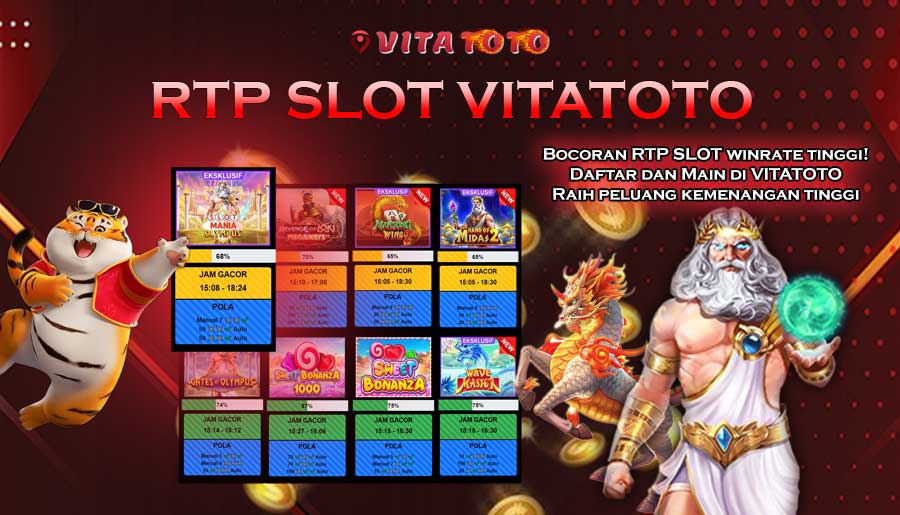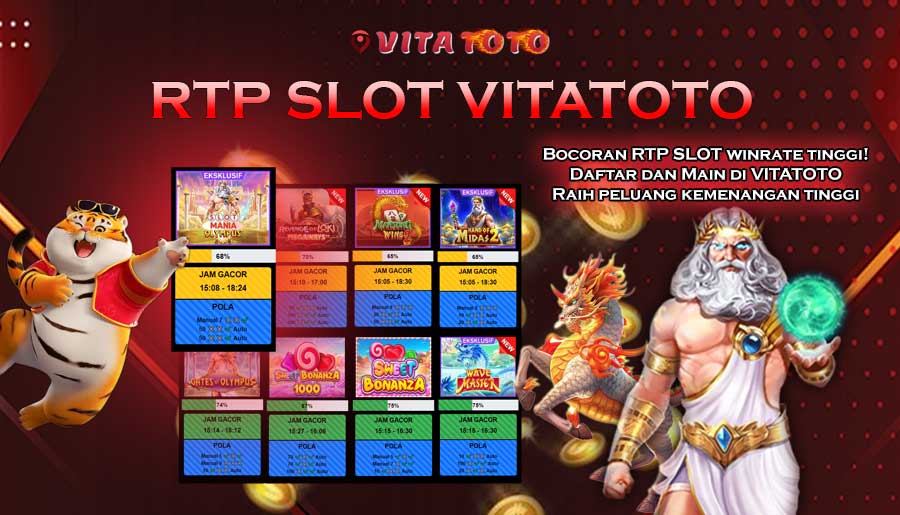VITATOTO: Situs Togel Terpercaya Deposit Via Dana
$25.00
VITATOTO - menyediakan berbagai macam metode pembayaran seperti Qris, Dana, LinkAja, transfer bank atau pun pulsa. Mendaftarkan diri di vitatoto juga sangat mudah cukup mengisi data diri di form pendaftaran atau chat ke CS Kami untuk dibantu mendaftarkan di situs VITATOTO. Proses Deposit dan withdraw dijamin kecepatan nya karena CS kami selalu tersedia 24jam untuk Anda.
Quantity:


